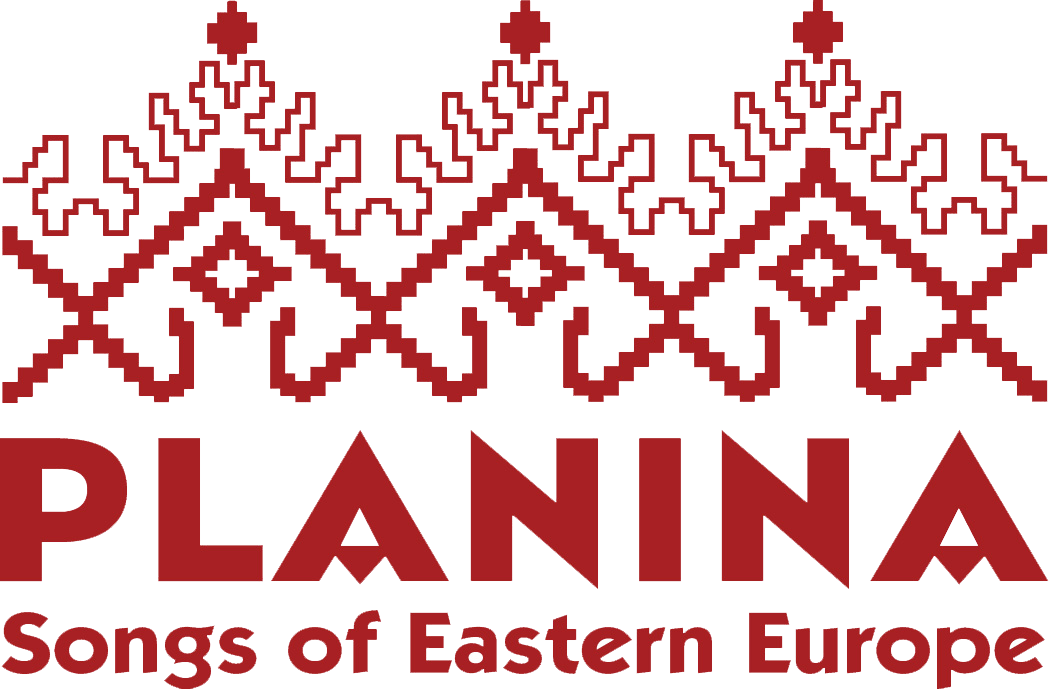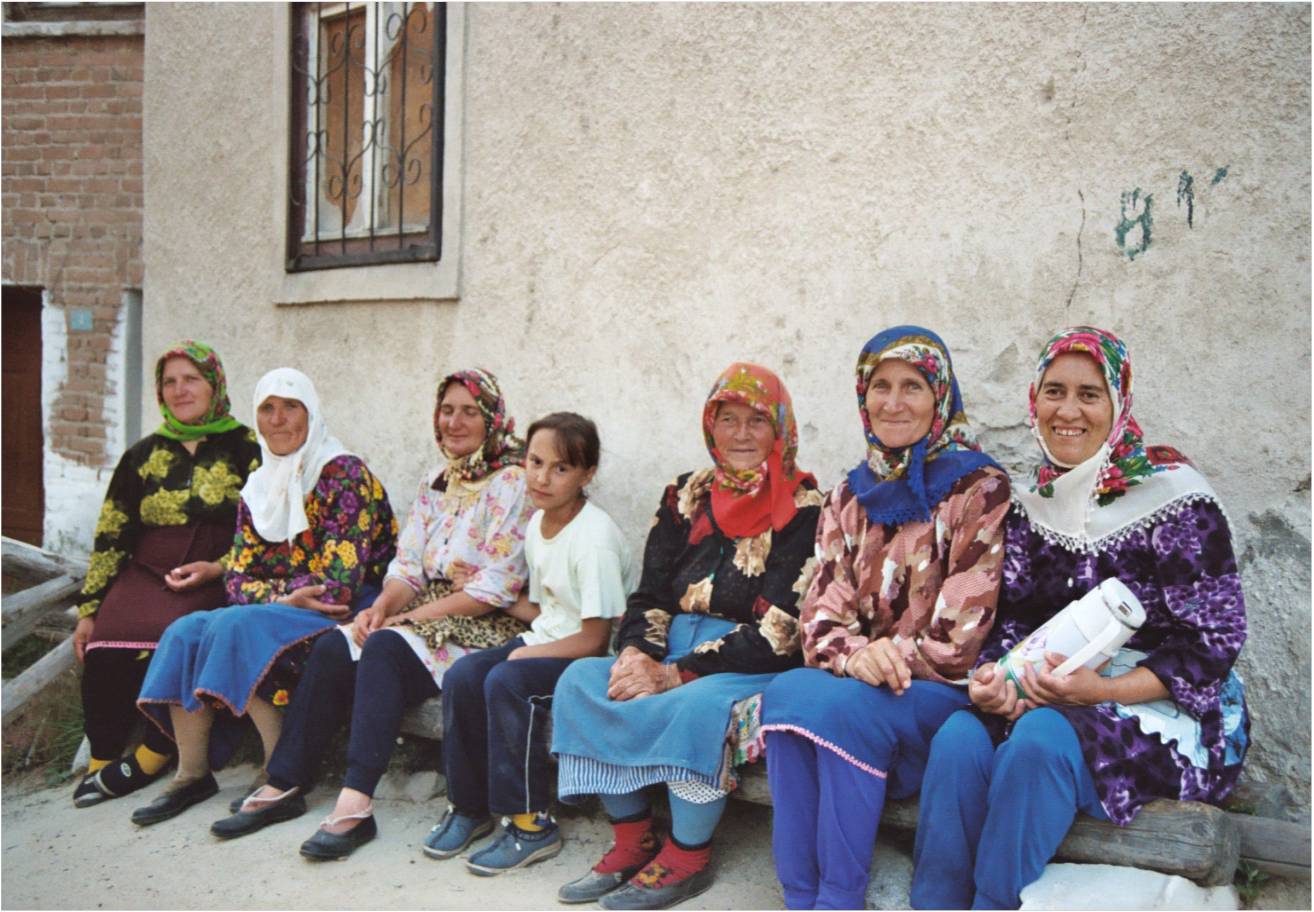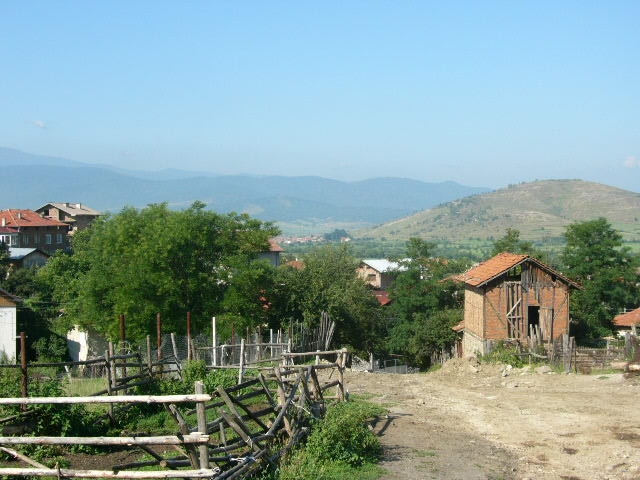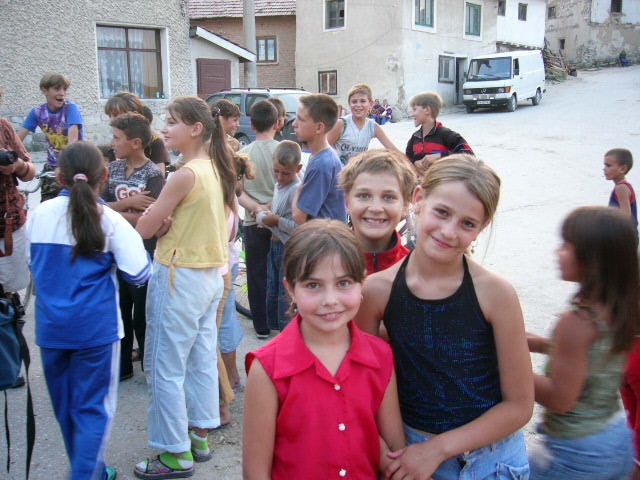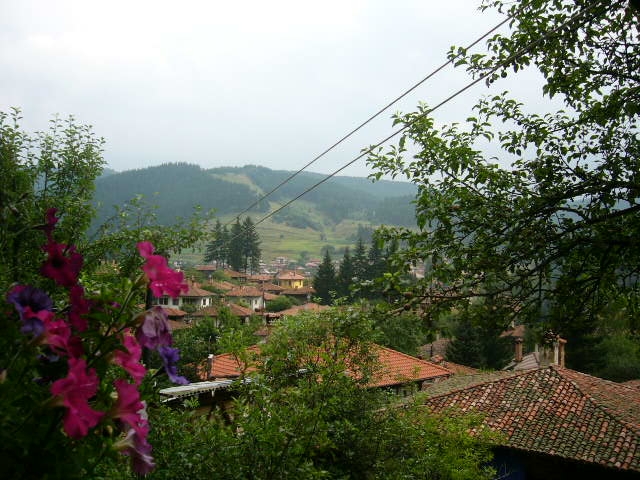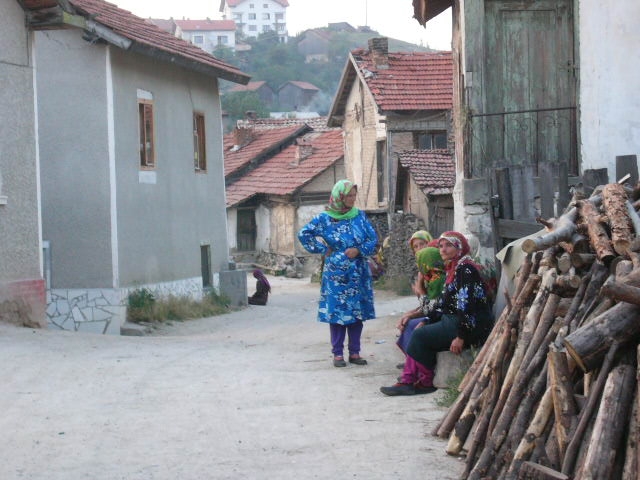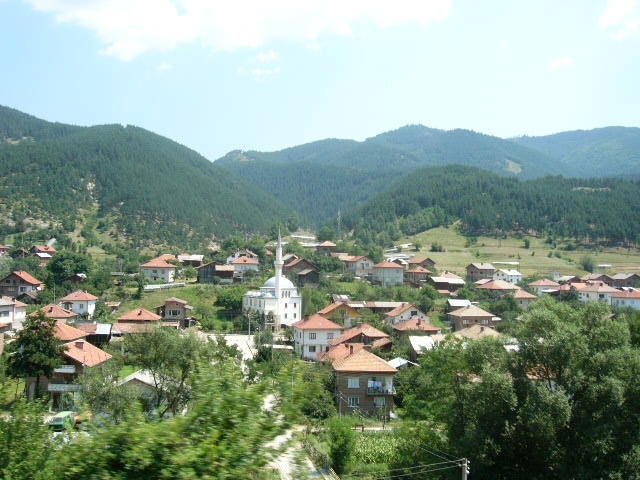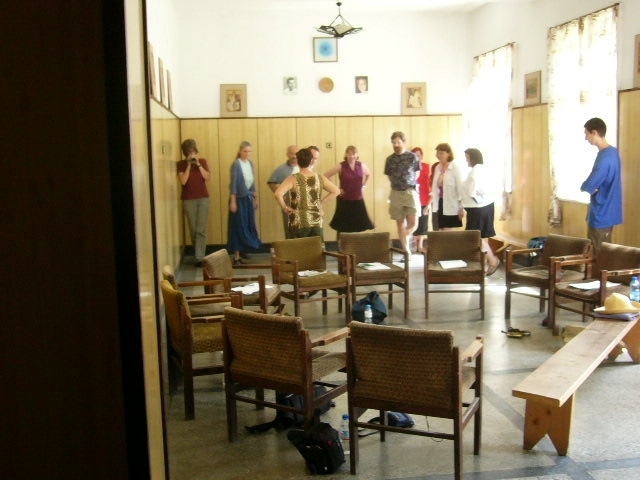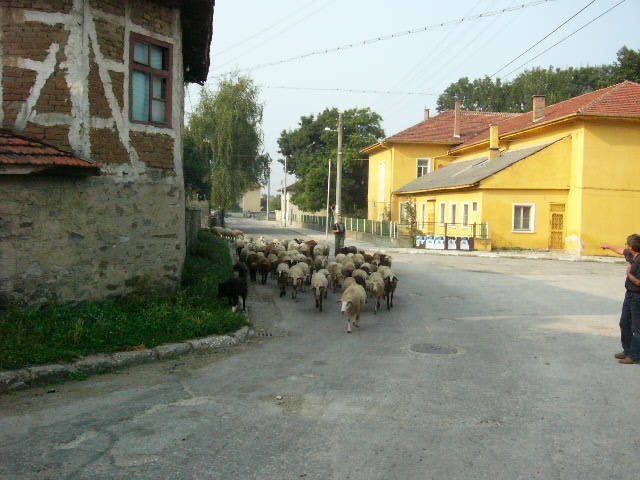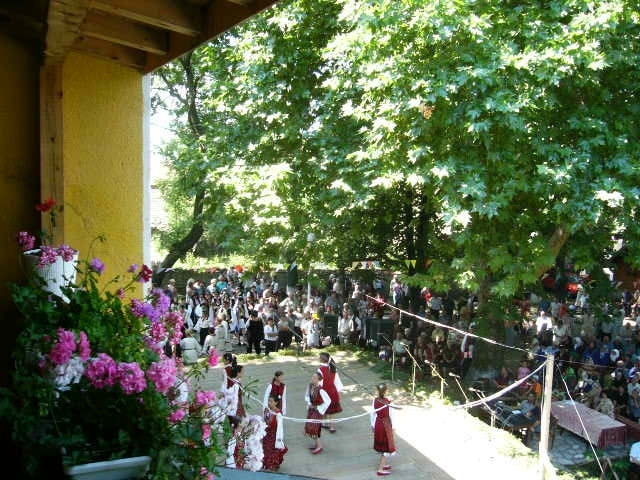Studying with Singers in the Bulgarian Mountains – Planina’s 2018 Summer Trip
Why does someone decide to spend considerable time learning and singing songs from a distant part of the world and in languages one doesn’t speak? If you have heard Planina in concert, you know the haunting sound: the indescribable harmonies, the odd – to Western ears – time signatures, the drone notes, the elaborate vocal ornaments. There is nothing in the world like Balkan music, and once heard and loved, this music propels the singer to want to know more about the cultures that produced it.
So, members of Planina will visit Bulgaria for two weeks in July 2018 – to see the vibrant city of Sofia, to travel through Bulgaria’s picturesque mountains – but most of all to meet some of the people of the villages who, with their ancestors for hundreds of years, created and continue this beautiful, expressive musical style. Planina has made two previous trips to Eastern Europe, but it has been 13 years since the group was last there. 2018’s trip offers us a rich opportunity to experience a melding of the traditions of the music with the ways in which it is evolving in the 21st century.
Our group will be led by longtime Planina member Laura Olson Osterman, a professor in the University of Colorado’s Department of Germanic and Slavic Languages and Literature. Laura’s first area of interest is Russian culture and language, but her professional interests include all Slavic societies. She is currently focusing on the ways that Bulgarian Muslims have begun to rewrite their history and reclaim their traditional culture and religion in order to reconstruct their ethno-religious identity. Laura has traveled to Bulgaria annually for a number of years, establishing contacts with residents of Muslim villages through her research.
Planina members will meet in Sofia, the capital, a modern metropolitan area of 1.7 million in western Bulgaria. Rich in history, there is evidence that Sofia has been inhabited since 7000 B.C.! The city is surrounded by high mountains, including Vitosha Mountain at 7,500 feet, and museums, cathedrals, churches, and synagogues are sprinkled around the metropolitan area. Planina recently added “Radujsja nevesta nenevestnaja” (“Rejoice, O Unwedded Bride”) to its repertoire. This is an Orthodox, non-liturgical hymn for the Mother of God, and perhaps Planina singers will slip into the famous Aleksander Nevski Cathedral or the tiny Boyana Church to see how “Radujsja” sounds in one of these impressive sites. The building of Boyana Church, a UNESCO World Heritage Site, was begun in the late 10th century, and the church contains 90 murals, many of which were created during the Middle Ages.
After a few days in Sofia, Planina will be off to Breznitsa, a predominately Muslim village of approximately 3,300 people situated just east of Pirin National Park, also a UNESCO World Heritage Site. The Pirin Mountains are home to a centuries-old village singing tradition; we have a number of Pirin songs in our repertoire. Laura has arranged for us to meet villagers, stay in their homes, and to collect and practice songs with the local singers.
Breznitsa is known for its active musicians, including many who perform older styles, such as two-voiced women’s a capella singing, women’s dance tunes, and men’s solo singing with tambura (locally made lute). Many of these men’s songs tell historic stories and average 20-30 minutes long! In addition to villagers who sing for family and friends, Breznitsa has an active community performing group with both teenagers and older musicians, and a group devoted to researching and performing older styles.
We will also travel to Draginovo, another village, which is located near the spa town of Velingrad (known for its natural mineral waters) in the Western Rhodope (Rode-ope) Mountains. Like the Pirin region, the Velingrad area has song traditions developed over many generations. Draginovo is a beautiful village of 5,000, populated predominately by Bulgarian Muslims, but there are also Christian and Roma people. Throughout Bulgaria, these groups peacefully co-exist and, in some places, celebrate each other’s holidays. We have been invited to perform with the village ensemble of Draginovo at an evening concert in Velingrad. We will learn songs in Draginovo, too.
Planina has recorded several songs learned on past trips to Bulgaria. An example is “Yane, Yane,” gathered during our 2005 trip to Bulgaria and recorded on our latest CD, “Telegram on the Wind” – you can listen to it here. The translation: “Since we fell in love, Yane, we haven’t seen each other. Yesterday we met at the fountain. We didn’t stay long, but talked too long. The only thing we didn’t talk about was marriage!”
Planina celebrates its 30th anniversary this year, and it seems particularly fitting that during this year we are visiting some of the lands in which our music originated! We will continue the celebration back in Colorado by presenting a concert later in 2018 which will showcase some of the new songs we learn on this trip.
We are eager to get to know traditional singers and their songs and soak up Bulgarian culture, so that what we bring back to our growing audiences is more alive than ever with authentic sound and character. You can support our efforts by donating to our trip at https://www.gofundme.com/planinainbulgaria.
Photos below are from Planina's 2005 trip to Bulgaria.
